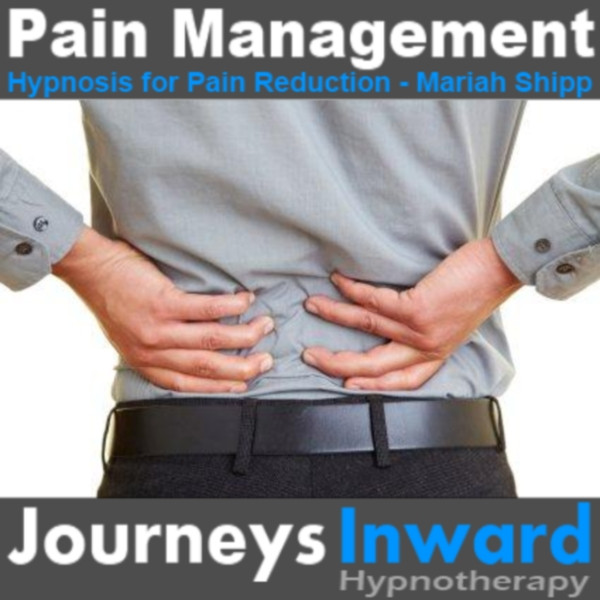Not getting sleepy? Research explains why hypnosis doesn't for Beginners

Indicators on Clinical Hypnosis to Help Alleviate Chronic Pain - Swedish You Need To Know

Because 2000, interest in hypnoanalgesia has actually grown, and the variety of brand-new research studies has actually grown in line. In total, the newest analysis consists of 85 studies. All of the studies used experimental pain designs, such as extreme cold, shocks, pressure, workout, and lasers. Also, all of the research studies compared the benefits of hypnosis without any treatment (rather than checking them against a placebo or drug), and they all recruited healthy adults.
Overall, the analysis consisted of 3,632 participants. Due to the fact that not everyone catches hypnosis to the very same extent, the review also took into account each participant's level of vulnerability. There are a variety of manner ins which researchers can examine how vulnerable somebody is to hypnosis. For example, following a suggestion that the participant's arm is heavy, they might reduce their hand.

Probing Question: Does hypnosis work? - Penn State University
As soon as the analysis was complete, the results came out in favor of hypnosis as a possibly useful analgesic. Lead author Trevor Thompson, Ph. Go Here For the Details , states: It was not just the individuals who were most vulnerable to hypnosis who saw the benefits. The majority of individuals are moderately suggestible, and they experienced a 29% reduction in discomfort.

How Does Hypnosis Work? - Live Science
3 Simple Techniques For Does Hypnosis Work To Relieve Pain? - Science 2.0
D.Interestingly, the analysis likewise exposed that the result size was comparable whether the person went through hypnosis in individual or via an audio recording. If hypnosis truly can reach these levels of analgesia, it might be a game-changer. "In the United States, around 47,000 individuals died from opioid overdosing in 2017, and around a quarter of individuals prescribed the drugs for discomfort misuse them," discusses Thompson.
Presently, however, there are inadequate data offered to reach certain conclusions. The authors note particular constraints to the current analysis. Most importantly, it is not possible to compare pain models with chronic discomfort, which can have really different physical and mental aspects. Typically, the discomfort inductions that researchers used in the studies produced a quick experience of discomfort.
Another of the authors' issues is that the average age of participants was fairly young, at around 24. The authors question whether older populations may see the very same level of effect. Discovering a safe, inexpensive way of minimizing discomfort sounds too great to be true, however if hypnosis can provide this, it deserves screening thoroughly.
